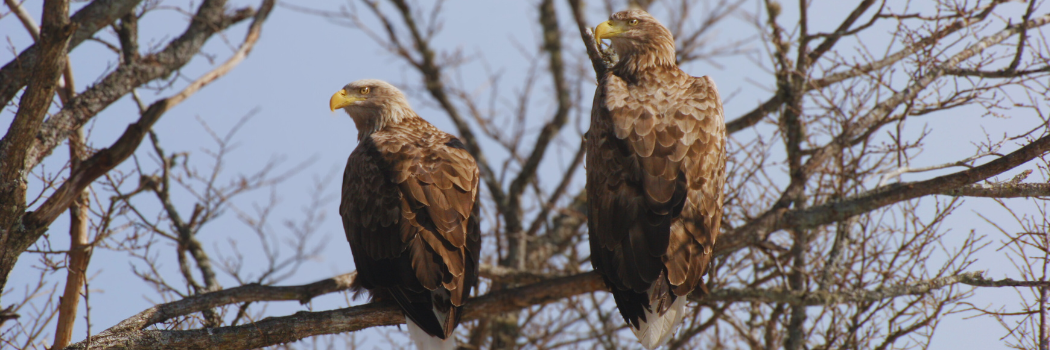New study finds European breeding birds respond slowly to recent climate change

In a new study, leading scientists from our Department of Biosciences have found that local colonisation and extinction of European breeding birds are very weakly influenced by climate change.
The research was funded in part by the National Environment Research Council, part of UK Research and Innovation.
Changing climatic conditions
Over the last 30 years European breeding birds have shifted their range by, on average, 2.4km per year, according to new research.
However, these changes were significantly different from expectations based on changing climate and landcover during that period.
Based on climate alone, researchers predicted that the average range shifts by species should have been around 50% faster.
The study used survey data collected as part of two Europe-wide bird distribution atlases, published 30 years apart.
The researchers found that local colonisation and extinction events across species ranges were only weakly influenced by the change in climate between the two survey periods.
Instead, they were more influenced by the climatic conditions at the time of the first surveys.
Importance of local network of European birds
One of the key determinants of whether a new area was colonised, or whether a population went extinct was the extent to which the area had other populations of a species close by, which facilitated colonisations and minimised extinctions, presumably by the dispersal of birds from neighbouring areas.
This finding highlights the importance of maintaining networks of local populations to limit extinctions and to make populations more robust to the effects of climate change.
Find out more
- Learn more about the work of Professor Stephen Willis and Dr Christine Howard.
- Read the full paper published in Nature Communications.
- Interested in studying at Durham? Explore our undergraduate and postgraduate courses.
Our Department of Biosciences is a leading centre for this increasingly important are of study and is ranked 5th in The Complete University Guide 2024. Students develop a wide range of analytical and practical skills that prepare them to meet these challenges we face across the globe including food security, sustainability and the impact of climate change.
Feeling inspired? Visit our Biosciences webpages to learn more about our postgraduate and undergraduate programmes.

